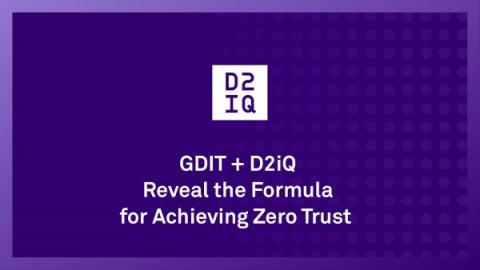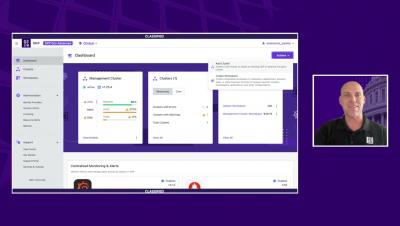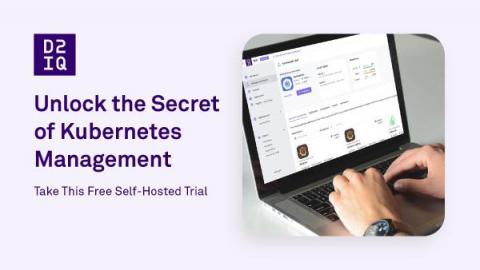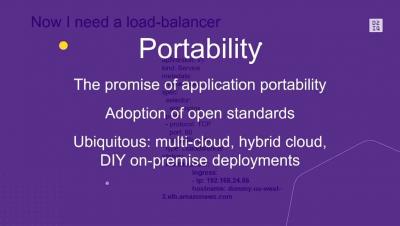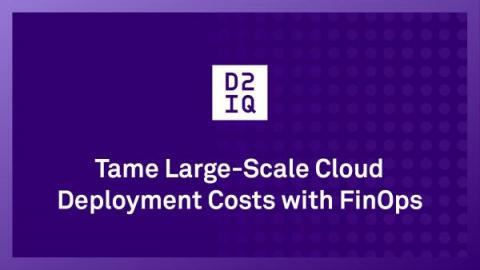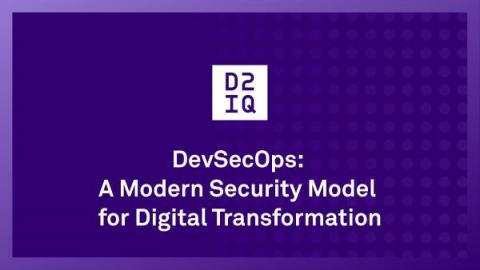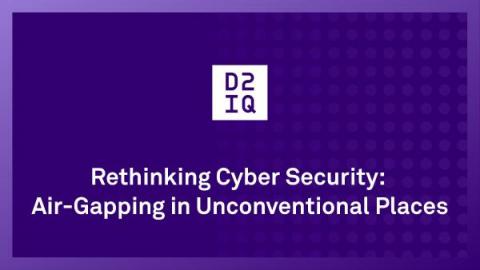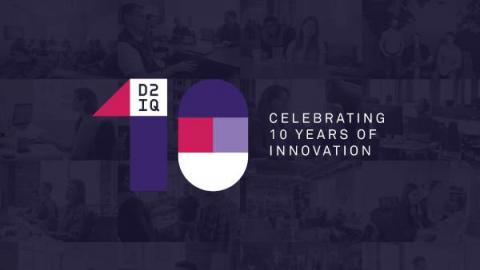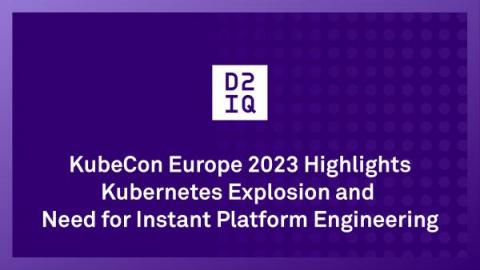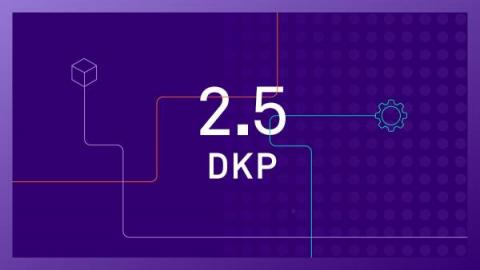GDIT + D2iQ Reveal the Formula for Achieving Zero Trust
Join us for a must-see webinar in which Kubernetes and DevSecOps experts from D2iQ and General Dynamics International Corporation (GDIT) share their insights on how to achieve zero trust security within a Kubernetes environment as part of government modernization. GDIT is among the major system integrators that have chosen D2iQ as the Kubernetes management platform on which they are creating highly secure Kubernetes solutions for their government clients.


